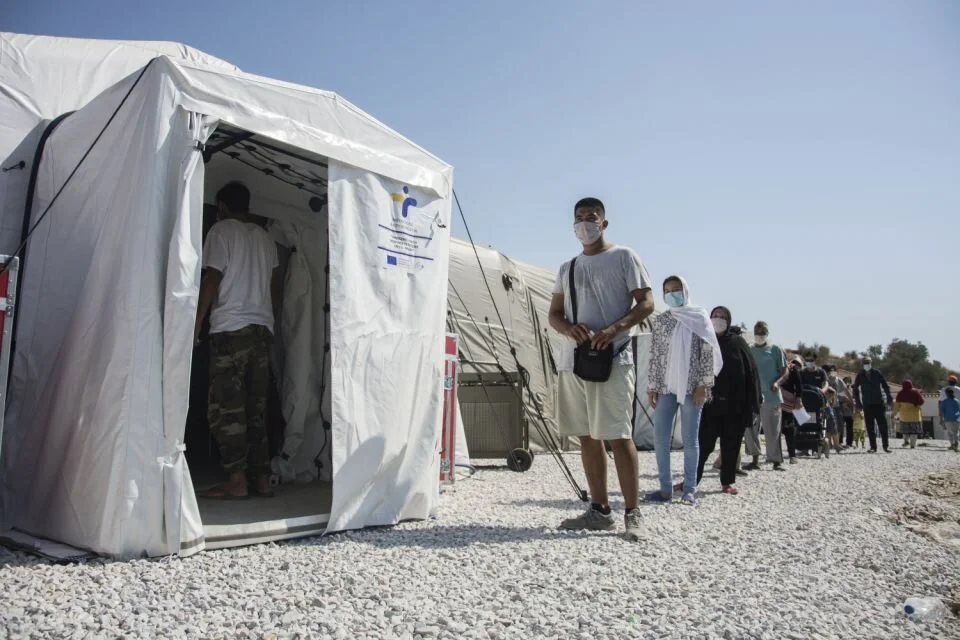Today, over a year since COVID-19 patient zero turned our global reality upside down, many of us are eagerly squinting to see the light at the end of the metaphorical tunnel. Thanks to the spectacular efforts of scientists around the world, we are in the initial stages of a vaccination program. Finally, it feels like the beginning of the end.
But for many refugee populations, this beacon of hope is little more than a cruel reminder of their status as the world’s have-nots. In perhaps one of the most blatant examples of large-scale disregard for refugee health, Colombia announced that it will not provide vaccines to Venezuelan refugees in the country without formal status. This puts just shy of one million people in a perilous position. Experts agree that this policy is both an ethical and epidemiological disaster. Marianne Menjivar, Colombia director for the International Rescue Committee, summarized the issues well when she explained that “We can’t beat Covid anywhere until we beat it everywhere, among all populations, especially those most vulnerable.” Such a massive community of unvaccinated individuals, especially one that already faces exceptional hardship in maintaining total social distancing and getting access to healthcare and adequate sanitation, can only spell trouble for the greater Colombian population. Leaving refugees out of the vaccination rollout picture is simply not an acceptable option. In fact, some have…




